Biden Says US Not Seeking 'Cold War' As He Vows To Lead
President Joe Biden told the world Tuesday the United States is not seeking a new Cold War with China, as he vowed to pivot from post-9/11 conflicts and take a global leadership role on crises from climate to Covid-19.
In addresses hours apart at the UN General Assembly, Biden and Chinese President Xi Jinping both made major new pledges on climate change, raising guarded hope that the world's two largest emitters and polluters can bring progress.
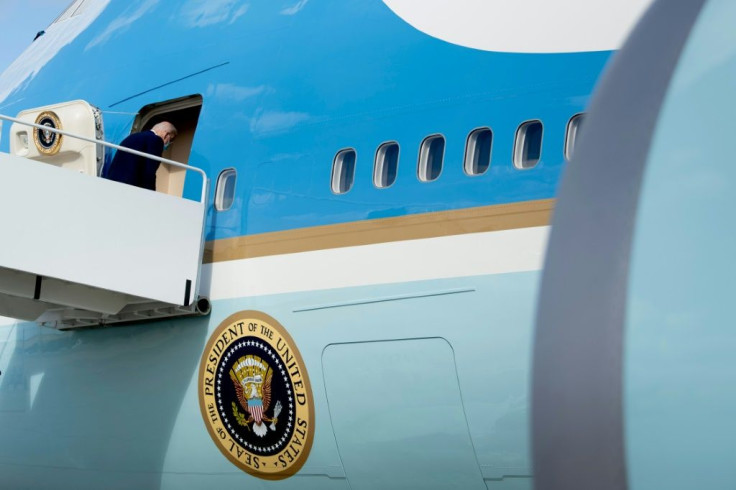
The Biden administration has identified a rising and authoritarian China as the paramount challenge of the 21st century, but in his debut address to the annual UN summit, Biden made clear he was not trying to sow divisions.
"We are not seeking a new Cold War or a world divided into rigid blocs," Biden said.
"The United States is ready to work with any nation that steps up and pursues peaceful resolution to shared challenges even if we have intense disagreement in other areas."
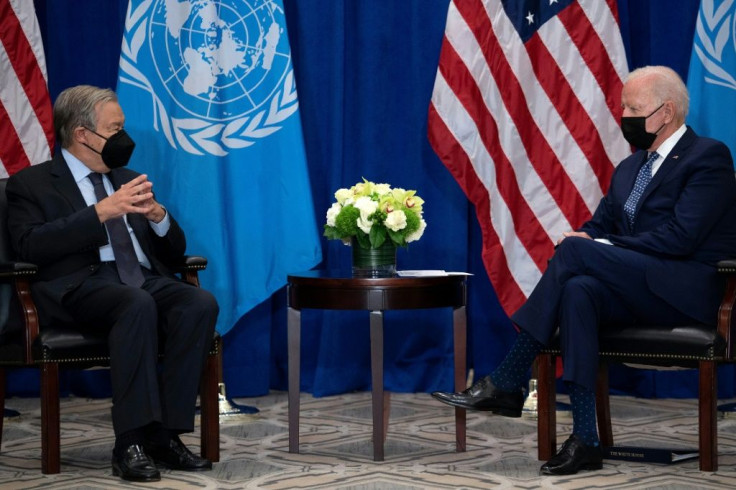
Biden did not mention China by name, other than voicing alarm about human rights in Xinjiang, where experts say more than one million people from the Uyghur and other mostly Muslim populations are incarcerated.
Biden declared himself to be the first US president in 20 years not to be running a war after his controversial pullout of troops from Afghanistan, where the Taliban swiftly took over.
Instead, America is "opening a new era of relentless diplomacy," Biden said, vowing to work closely with allies.
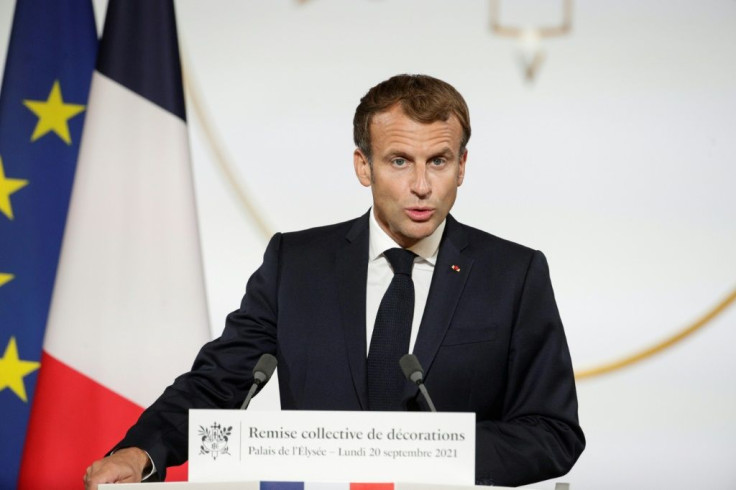
Speaking from the General Assembly rostrum from which previous US presidents, including George W. Bush, have lobbied for military action, Biden said the use of force must be a "tool of last resort."
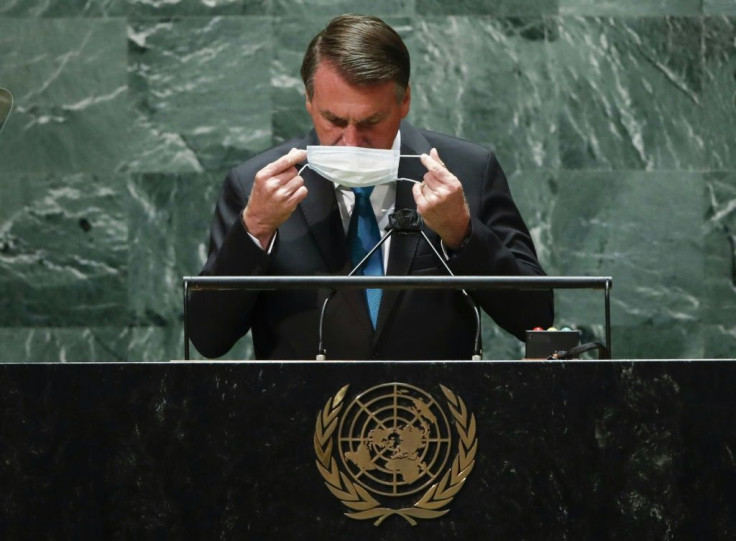
Xi, addressing the summit in a recorded video, similarly made no direct mention of the United States, but called for "mutual respect" among powers and said that "democracy is not a special right."
As pressure mounts to address an escalating climate crisis, Xi said China would stop funding overseas coal projects, ending the last significant source of aid for the dirty energy.
His announcement came after Biden promised to double US climate aid to hardest-hit nations to an estimated $11.4 billion a year, making headway on a key gap ahead of a high-stakes UN climate conference in Glasgow in November.
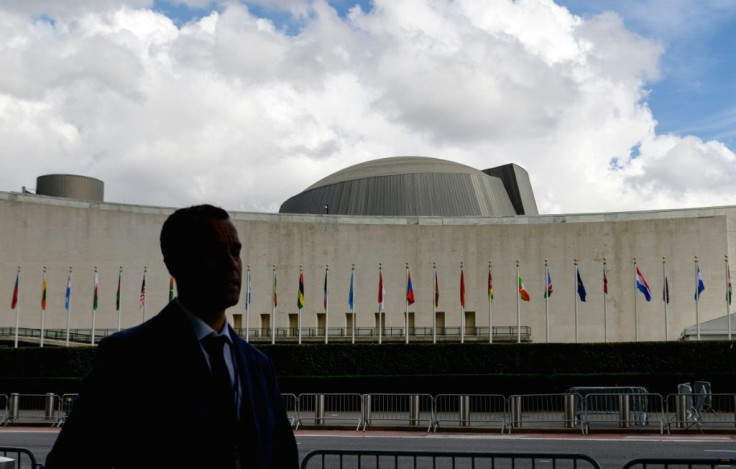
Secretary-General Antonio Guterres hailed the two announcements. But he earlier urged dialogue between Washington and Beijing, as he warned that the world was drifting toward two different systems.
"This is a recipe for trouble. It would be far less predictable than the Cold War," Guterres said.
The UN General Assembly is meeting in person for the first time in two years but at limited capacity and with pandemic precautions.
The measures include replacing the microphone after each speaker -- likely welcome news for the 78-year-old Biden, who spoke after Brazilian President Jair Bolsonaro, who defied guidance only to attend if vaccinated against Covid-19.
Biden has called a virtual summit on Wednesday on defeating the pandemic and has teased "additional commitments" -- reported by US media to be the purchase of an extra 500 million vaccine doses to donate overseas.
Biden will end a busy diplomatic week with an unprecedented four-way summit at the White House with the leaders of Australia, India and Japan -- the so-called "Quad" widely seen as a united front against China.
Biden met in New York with Australian Prime Minister Scott Morrison but his efforts to shore up alliances have suddenly faced a major hurdle -- France.
Paris recalled its ambassador to Washington in fury after Australia canceled a multibillion-dollar contract for French conventional submarines in favor of US nuclear versions as part of a new alliance announced with Washington and London.
French Foreign Minister Jean-Yves Le Drian has said he will not meet one-on-one in New York with US Secretary of State Antony Blinken, and has described Biden's diplomatic style as "brutality."
The White House appears confident it can calm the spat, with Biden set to speak by telephone to French President Emmanuel Macron, who is not attending the General Assembly due to Covid-19 precautions.
But German Foreign Minister Heiko Maas, who openly rejoiced in Biden's defeat of Donald Trump, voiced solidarity with France and called the submarine decision "disappointing."
"I was never under any illusion that we wouldn't have problems with the new American president," he told reporters.
© Copyright AFP 2024. All rights reserved.











